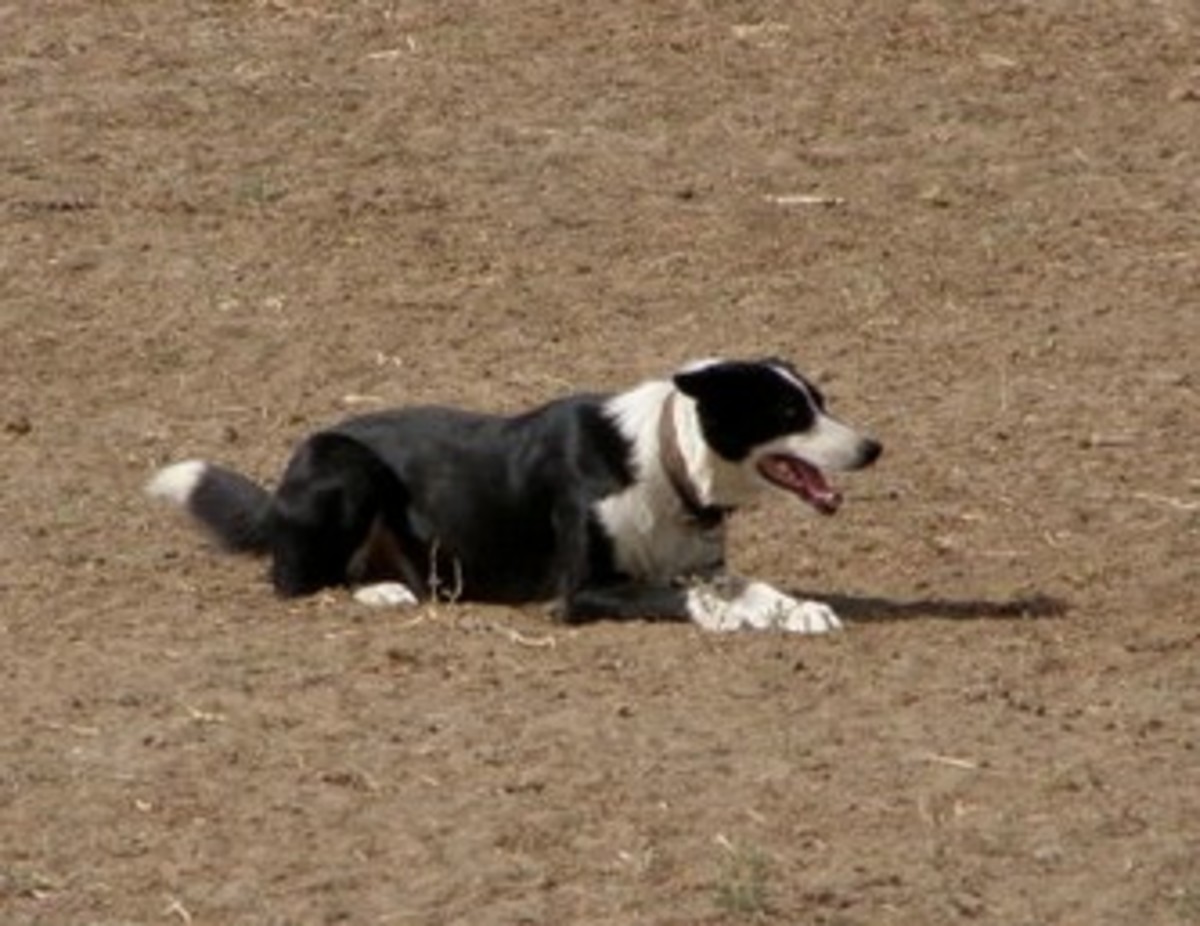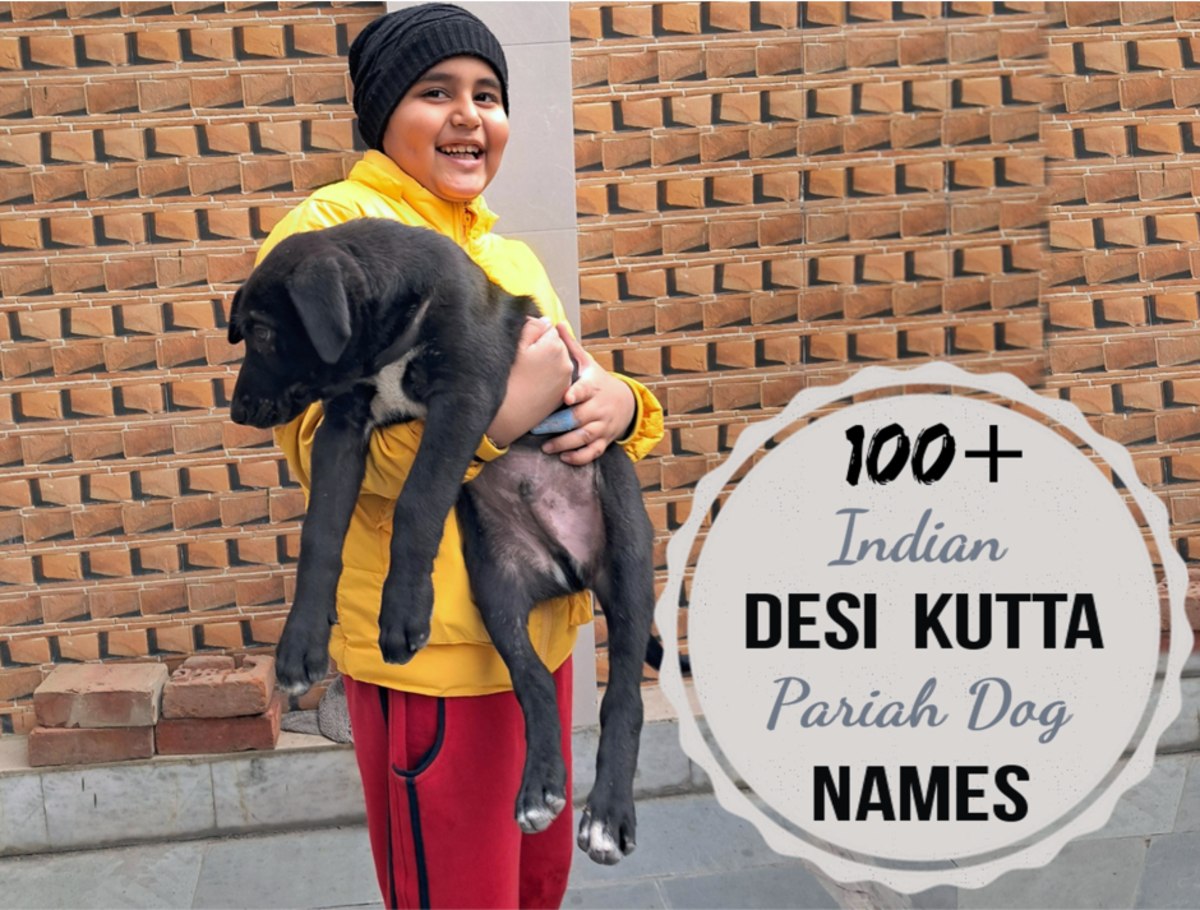Our Attachment to Animals
Pets and People Get Attached to Each Other
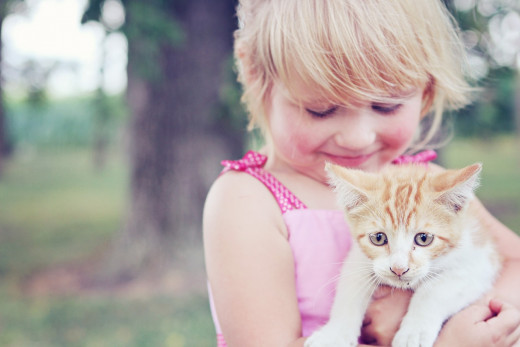
We Have a Great Love and Bond to Our Pets
Most of us treat our pets as a member of the family.
Some theories say the bonding we feel towards our pets can be traced to evolutionary periods began out of survival. Early humans who gravitated towards the animals who easily found fresh water and vegetation had a better survival chance compared to humans who stayed away from some animals. Additionally, having a domesticated animal close by affects us in many positive ways.
Psychologists have noted our affection towards our pets relates to having physical characteristics that appeal to us. Our pets appeal to our unconscious nurturing instincts. Their dependency on us, trigger some of the protective and nurturing instincts we have towards our own children. There is something about having another being dependent on us.
We gain a psychological comfort from the unconditional love our pets give us. Our pets never stop loving us. They never lose respect for us. They don't judge us. They don't see our flaws. Love from our pets is pure. We in turn have a deep and loving affection towards them for the comfort they give us.
The Attachment Theory and the Connection to Our Pets
The Attachment Theory is a psychological theory that explains patterns of relationships and bonding between people. The Attachment Theory was developed over many years by John Bowlby and Mary Ainsworth. The basic assumption is that when parents respond to the infant’s needs, the infant will grow up with what a secure attachment. Parents who are insensitive to their infant’s needs will result in an insecure attachment.
The Attachment Theory has to do with how we connect to others.
Why Do We Get Attached to Our Pets?
Scientists believe The Attachment Theory can be applied to animals too. When we leave our pets alone, and they do something destructive, they are going through separation anxiety which is part of The Attachment Theory.
So why do we get attached to our pets?
Our pets are dependent on us. We rely on our pets for the unconditional love they give us and they become an important part of our family. The Attachment Theory plays a role in how people interact with their pets. This mutual attachment satisfies our own security needs, and they provide stress reduction, companionship, and increased mental and physical health benefits that have been proven to add to our overall well being.
This is the reason many of us have pets. Although the attachment is not the same, the comparison is close enough to supplement and substitute for what we don’t get from other humans. We are innately programmed to seek to bond with other people. Pets provide this same psychological benefit, and fulfill the basic needs we have for physical and emotional contact.
Our Attachment to Animals
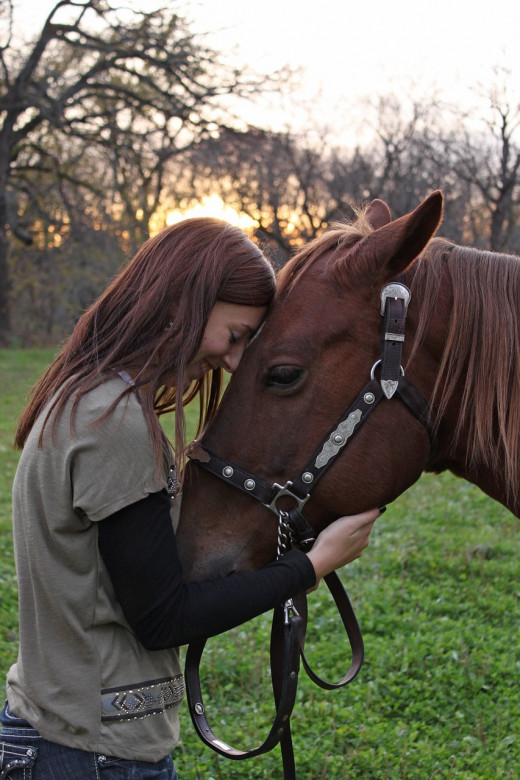
Pets Affect Our Emotions
Some scientists believe that many people have pets as an outlet for nurturing, and may be the motivating reason many people become pet owners. The popularity of having pets and the pleasure in enjoying them may reflect the emotional value that naturing gives a person.
In 1985, Holcomb, Williams, and Richards created a Pet Attachment Survey, designed to measure how attached people are to their pets. The survey measured the economic interaction and emotional intimacy level of the pet owners who participated in the research study. The results showed women scored higher than men. Primary caregivers scored higher than non caregivers. Dog owners scored higher on regarding relationships with their pets than cat owners. People who were more attached to their pets in the survey showed more pleasure and more nurturing towards the animals they owned.
In another study done in the Netherlands, participants said their pets gave them a feeling of security and companionship.
J. Archer conducted a detailed study based on the same characteristics of human attachment. The results showed that many felt their pets were an important part of their lives and found comfort in having them. There have also been many studies that show pet owners have the same grieving process for their pets and they do for their human relationships. Dog owners enjoyed the feeling they got when their dog was next to them, and often turned to their dog when they felt upset, anxious, and sought comfort. In the survey, dog owners said they didn’t like going home when their dog wasn’t there.
Study after study shows that pets deeply affect our emotions and that our attachment to our pets is intense. When these bonds are broken we have comparable reactions to our human relationships.
We form bonds with our pets and grow to need them for comfort, security, companionship, and fulfillment of some of our emotional needs. Some pets substitute for children, parental figures, and partners. Pets are often treated as members of the family, often like children. People refer to their pets as their babies, cuddle and are affectionate to them. Studies have shown that pets are viewed as the closest to their own children, even going back to anthropological studies, through history, and in many other cultures.
Our Pets Understand Us
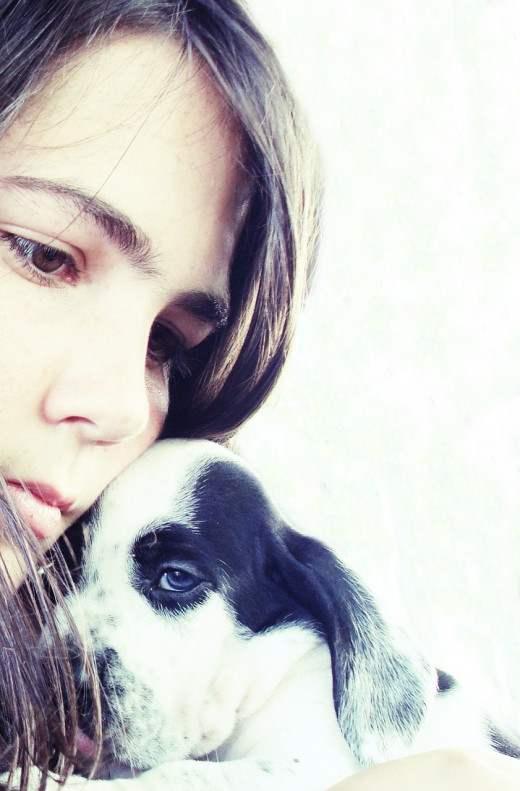
How Do Dogs Understand Us So Well
Dogs also show they can pick up nuances in the emotional state of their owners and are remorseful when their owner is annoyed. Canines are very attentive to our body language. They observe where we look. In an experiment done between dogs and chimpanzees, dogs showed they were more in tune to what a person wanted than the chimps were.
See hub about how smart are dogs
Taking Care of Our Pets

Dogs and Humans
Anthropologists believe that dogs were most likely the first animals early man domesticated for no apparent benefit such as a source of food or herding. Since the time of evolution humans and dogs have shared a common environment. Cognitive studies seem to show, with no surprise to us dog lovers, that canines are more human like than any other species, even more so than our nonhuman primates. Dogs are everywhere people are, throughout time and place. Dogs are by our sides as our personal companions, in work settings, and an astonishing range of role in society throughout history. DNA evidence shows dogs and wolves share common genes going back 135,000 years ago. From that point on, dogs began to change genealogically, more towards the modern dog of today. The earliest dog burials that have been found go back 14,000 years ago, in Bonn-Oberkassel Germany, leading anthropologist that this dog was the domesticated pet of Cro-Magnon Man from the late Paleolithic age.
Man has had a tremendous influence on the type of breeds that exist today. It was not natural selection that created the hundreds of breeds of dogs we have today. It was artificial selection, traits that were intentionally selected based on desirable physical and behavioral characteristics that were desired by people for specific purposes. This leads scientists to believe that dogs bred for this reason led to other changes in their social behavior. This would lead to a natural propensity for dogs and humans to converge evolutionary wise, causing both man and dogs to be shaped by similar environmental pressures they both shared.
Genes and environment play a big role in shaping a dog’s behavior over time. Dogs, by nature are dependent, and being in a human household, will become dependent on the humans who are taking care of them. A dog’s reinforced behavior throughout its lifetime is controlled directly and indirectly by human beings. The stimuli dogs get from humans will naturally influence their behavior.
Charles Darwin wrote about dog behavior, their intelligence, emotions and believed dogs were capable of love, shame, rage, fear, and that they could dream, imitate, and reason. As dogs became domesticated, they feared humans less. Darwin also believed that dogs had different barks with various meanings.
The Love of Pets
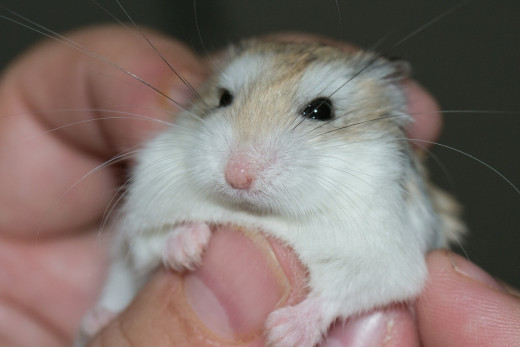
The Benefits of Pet Ownership
Dogs shower unconditional love and acceptance on their human pack members, making them a cherished part of the family.
Interaction between two different species is known as symbiosis, where there are benefits for all the organisms.
- mutualism - both species benefits
- commensalism - one species benefits, one has no bad or good effects from the relationship
- parasitism - one species benefits at the expense of the other.
People who share their home with pets benefit from mutualism. Our relationship with our pets goes beyond symbiosis, because we form emotional bonds with these animals we care for and about, and our pets form emotional bonds with us.
Dogs also have great benefits for our self esteem, our fitness, our happiness, our socialness, and our overall well being. Many studies have shown that depression has been alleviated in dog owners. Children who grow up around pets tend to be more empathetic towards other people and have less preoccupation with themselves compared to those who don’t have pets.

